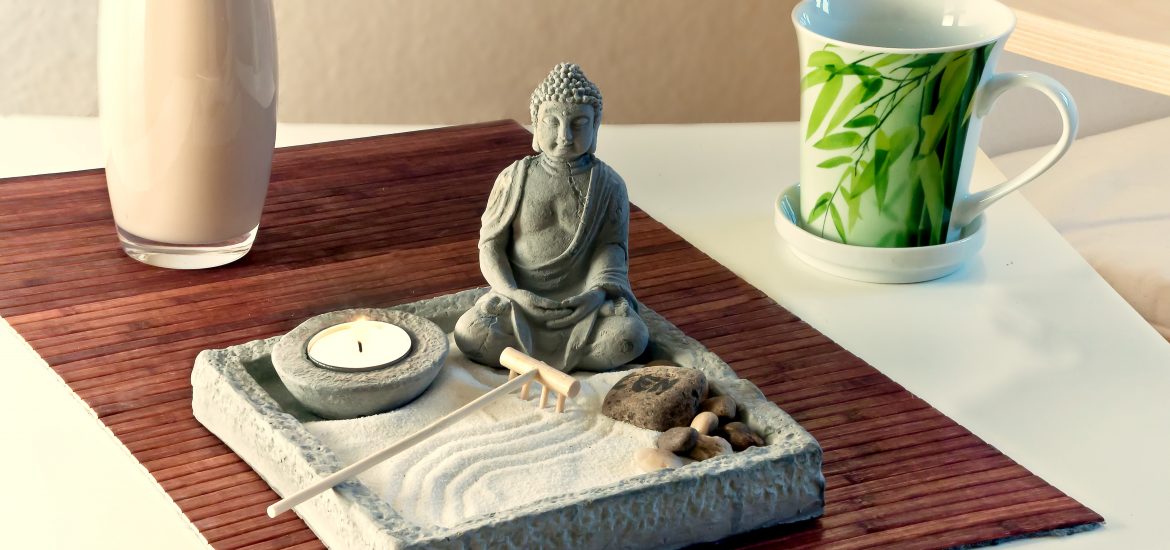Recently I was speaking with a Psychiatrist colleague of mine. During this talk, she mentioned the effects of caffeine and how it can actually provoke anxiety. It never dawned on me that these symptoms were a possibility, but I knew that as soon as I could, I would find what the internet has to offer. This topic might be something you already know but since I didn’t, I maintained intrigue in the conversation. So I continued to sit, listening to her talk about the effects caffeine has on anxiety and on our body.
True to my word, I scoured the Internet searching two words “anxiety” and “caffeine”. Three results on google are here, here and here. Since most caffeine intake is in coffee, the search showed that many people know about coffee’s effects, which is no surprise, but it’s intriguing because we continue to drink coffee anyway. Thinking back, I now realize that I’ve met people who have had provoked anxiety symptoms from drinking coffee. As I wrote this, I began to wonder if I’ve had some the same symptoms because I drink it too. I didn’t figure it out however, I realized caffeine is ubiquitous in society with its distinct smell and taste which bring great memories. I did, however, find that coffee has become a way of life, and if you’re like me you’re not giving it up.
After the conversation and research, I asked myself, “Does coffee which may provoke anxiety suggests that I cannot enjoy it?” To answer my question, I thought, “What can I do so I can both enjoy my daily coffee and minimized the effects I dislike such as provoked anxiety symptoms?” Initially, I thought about ways to reduce some symptoms of anxiety. We have discussed some topics on reducing stress which also could help in decreasing symptoms of anxiety in a previous article.
A second thought was to practice mindfulness which is “the practice of maintaining a nonjudgmental state of heightened or complete awareness of one’s thoughts, emotions, or experiences on a moment-to-moment basis”. When you’re mindful you are able to better understand your experiences and feelings. Along the same lines, I thought of Yoga because it’s been discussed as a way to reduce symptoms of depression. Some symptoms of both depression and anxiety are similar so yoga could help with symptoms of both. According to a recent study on Yoga, “Hatha yoga emphasizes physical components — such as body postures, breathing techniques, and relaxation techniques — to achieve a fit body and calm, balanced mind,” which also encompasses mindfulness and meditation. When you are able to work and improve on relaxation techniques, you’ll gain better control of symptoms which may surface.
My third thought was journaling. Most times people will suggest to journal and track caffeine intake. I, on the other hand, suggest to journal because “keeping a journal can help you identify what’s causing that stress or anxiety”. Most articles don’t suggest caffeine is the sole reason anxiety occurs but do suggest it makes symptoms more prevalent. With that said, journaling can help identify prevalent symptoms or thoughts so you can determine the root of your anxiety.
As you can tell, I’m not advocating to get rid of the daily coffee, since I myself am part of the 80% of Americans who drink it. What I am saying is to enjoy coffee and simultaneously recreate to improve your symptoms. As a Recreation Therapist, I advocate for improving quality of life through some of the suggestions I’ve made above. As a last remark, when in doubt talk to your Doctor and make the decision for yourself.
Let me know what you think below. If you like what you read, feel free to Share on Facebook, Instagram, and Twitter. If you wish to reach me email me at Rafael.Garcia@rec–play–live.com
Photo Credit: www.pixabay.com
